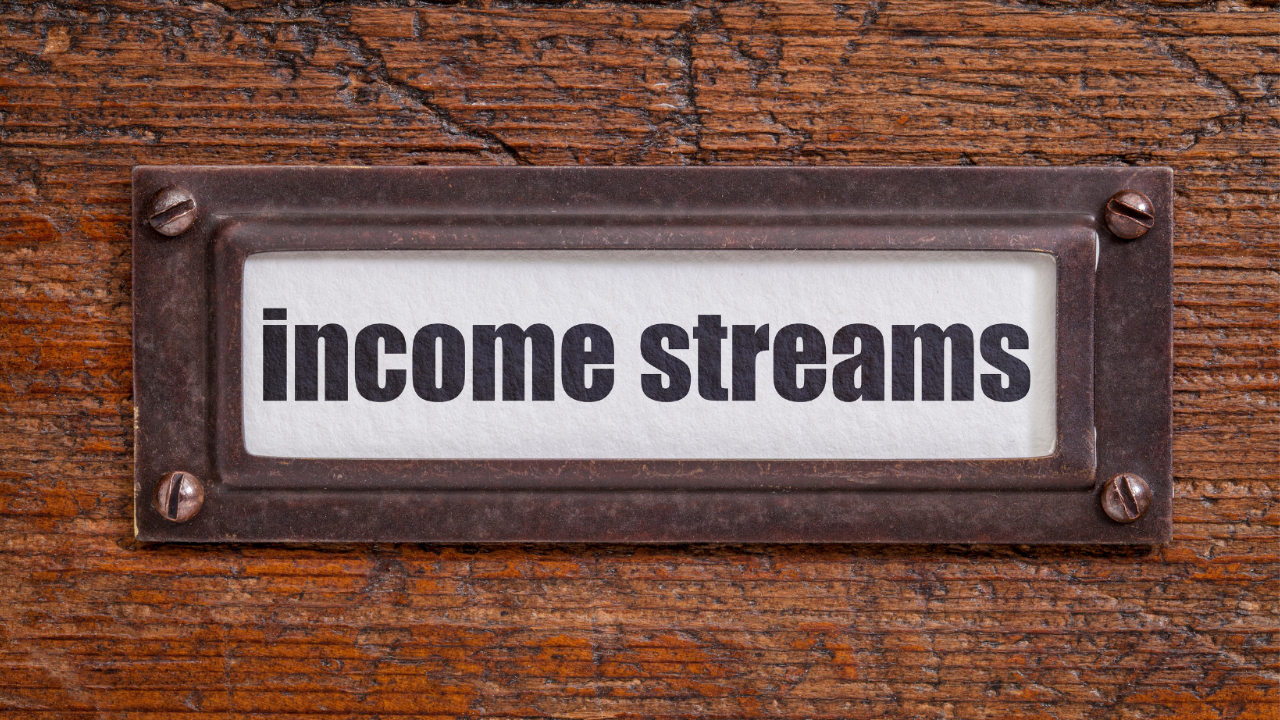2 Key Ways Being a Nurse Benefits Your Freelance Career

Recently, J emailed me to ask a question I get frequently from nurses who are curious about becoming a freelance writer. They said…
“I’m currently in nursing school and am wanting to do nurse writing on the side as I work as a bedside nurse. I’ve been a great writer in English courses and business school and now nursing school. My question to you is: is this something I can start doing right after I graduate my nursing program or do I need nursing experience first?”
Great news, everyone! You don’t actually need a lick of nursing experience to get started as a freelance health writer. If you find that strange or disappointing, let me explain why your experience level – and your specific type of experience – is almost irrelevant to finding success as a nurse-writer.
Your Nursing Background Gives You a Massive Competitive Advantage
The vast majority of health reporters and content marketing writers are not nurses. In fact, the vast majority of those writers have no clinical education or experience whatsoever.
Becoming a health journalist or content writer doesn’t require a clinical background – but having that education, experience, and licensure as a nurse gives you a HUGE competitive advantage over the writers who don’t have it.
That’s one of the real secrets about becoming a nurse-writer.
(And for the other clinicians in the audience, the same principle applies to you!)
Think about it this way: If you were a health system marketing manager who needed to hire someone to review and rewrite your organization’s web page on diabetes care services, which of these candidates would you choose to do the job?
- A non-clinician with deep experience writing search engine optimized web pages for health organizations
- A nurse with comparable experience writing web pages – who also brings a rich clinical understanding of patient and provider pain points surrounding diabetes management, which can provide added context and usefulness to the information on the web page
I’m thinking you’d choose the nurse-writer. And that leads me to my next point.
Your Understanding of Healthcare Pain Points is Unparalleled – and Incredibly Valuable to Clients
Notice above I mentioned how nurses bring a “clinical understanding” to every asset they write? This not only refers to your deep understanding of pathophysiology but to your deep understanding of “pain points” throughout the healthcare continuum.
In marketing, the term “pain point” refers to an obstacle or frustration a person feels in their life or work.
And here’s a truth that every healthcare organization should consider when hiring writers for their content projects: Nurses are uniquely situated within healthcare to hear all of the pain points from all sides, all the time.
To illustrate this concept, let’s use the example of the diabetes care page again.
When constructing a web page about diabetes care services, a nurse-writer can ask herself questions like:
- What’s the biggest complaint or frustration I’ve heard from patients about managing their diabetes?
- What concerns do patients bring up most often?
- What aspects of diabetes care do providers grumble about when there aren’t any patients around?
- What logistical problems do patients and providers have to overcome in diabetes management?
- What frustrations have I heard from nurse educators, nurse managers (or even the CNO) related to providing diabetes care?
Now consider this: a non-clinician writer has never personally interacted on a professional level with a patient who has diabetes. A non-clinician has never been privy to the NP’s venting behind closed doors about the bureaucratic hurdles that prevent them from delivering exceptional diabetes care. A non-clinician has never spent time on the phone with an insurance company trying to push through a prior auth to help a patient get the care they need.
Only nurses and a handful of other clinicians do that. Most important…
All of that information is incredibly valuable to clients because that sort of insider knowledge of healthcare pain points gives the client’s content a competitive advantage over others’.
Now, sure, even a non-clinician writer can ask these questions of subject matter experts during interviews to inform the content asset they’re writing. But even in that situation nurses have an advantage: In my experience, clinical SMEs open up to us more in interviews, as colleagues, than they might to a non-clinician. And nurses know of obscure and tangential questions to ask SMEs that a non-clinician would never think of – because they’ve never worked in healthcare.
So there you have the two principal ways being a nurse benefits your freelance career: It gives you a competitive advantage over non-clinician writers, and it gives your clients a competitive advantage over their rivals who aren’t using nurses (and their insider knowledge) to produce content.






